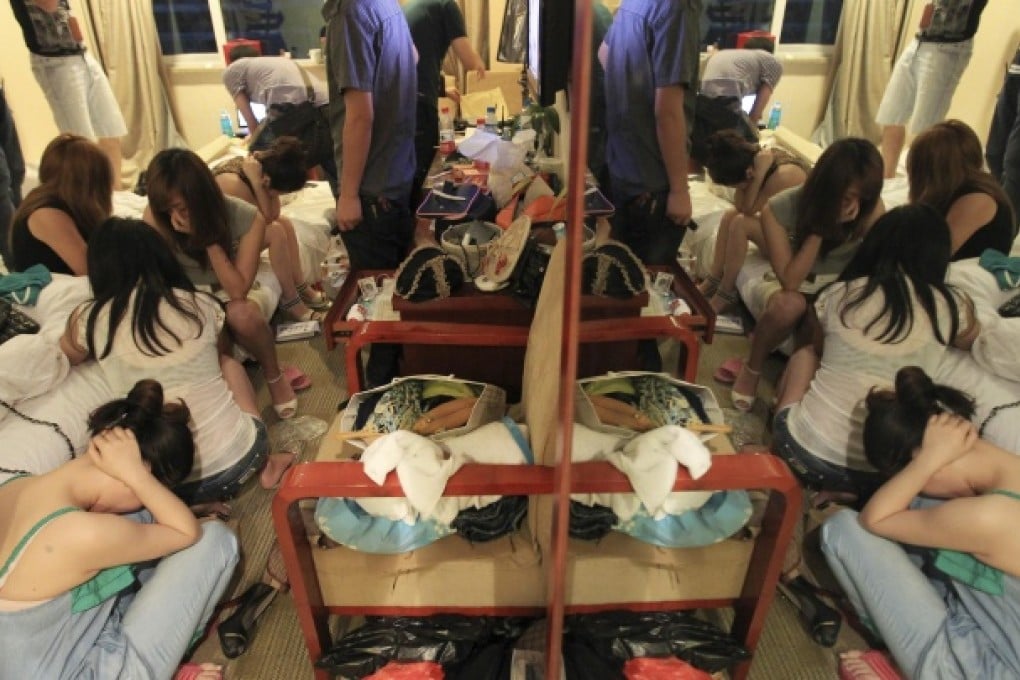China needs to make reforms in dealing with prostitution

China's laws on prostitution are crystal clear: it is illegal. Yet no country has as many sex workers. Their services are visible and readily available and what has become a thriving industry is a currency of business and symbol of corruption. The result is that an already fragile part of the population is put at greater risk of abuse and vulnerability to sexually-transmitted diseases. It is a situation that will only worsen, with potentially harmful consequences for society, unless authorities take a more enlightened approach.
A recent Human Rights Watch report highlighted the difficulties sex workers faced and put the fault squarely at the door of authorities. The US-based group blamed rigid policies, rampant corruption and the Communist Party's discomfort with sex for assault and abuse by customers, police and security officials, detention for up to two years without trial and forced HIV testing. Regular crackdowns are meant to curb the trade, but in a system where prostitution has become interwoven with graft and business dealings, policies are having little, if any, effect. The UN believes that between 4 and 6 million adult women are involved, although some estimates put the figure as high as 10 million.
Small changes have been made. Premier Li Keqiang acknowledged last December that the nation faced a serious HIV and Aids challenge and First Lady Peng Liyuan is the World Health Organisation's goodwill ambassador for tuberculosis and HIV. The public shaming of prostitutes was abolished three years ago and condoms are now commonplace in hotel guestrooms. Yet abuses have not diminished.
Non-governmental groups continue to be discouraged or prevented from helping sex workers. Laws eight years ago that should have eliminated detention without trial for between six months and two years in favour of lesser penalties are still not always being followed. Local authorities are apt to adhere to their own provincial rulings. Accounts of prostitutes being tortured, humiliated and denied lawyers continue unabated.
No matter what authorities say or do, prostitution is not going to disappear. Instead of crackdowns, there has to be education of the risks and support for those involved, regular health checks being the most pressing. Legalising the trade is for now not an option, but outlawing it is not the solution, either. Letting NGOs play a significant independent role while better policies are formulated is a sensible place to start.
